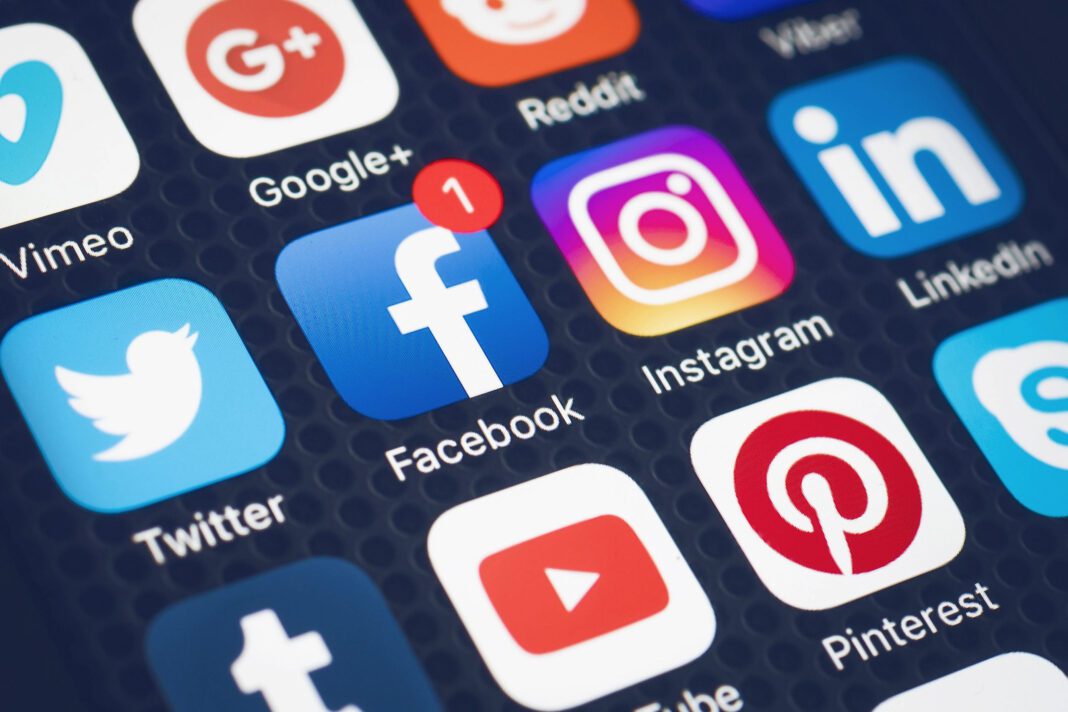Washington D.C. – In a recent address to concerned parents and educators, Dr. Emily Anderson, a leading health official in the United States, has raised alarm bells about the detrimental effects of excessive social media use among children. Dr. Anderson, who heads the Department of Child and Adolescent Health at the National Institute of Health (NIH), highlighted the potential risks associated with unrestricted access to social media platforms, urging parents to take immediate action to protect their children’s well-being.
The Dark Side of Social Media
The explosive growth of social media platforms has undoubtedly transformed the way we communicate and interact with others. However, Dr. Anderson emphasized the dark side of this digital revolution, particularly when it comes to the younger generation. She expressed concern over the increasing amount of time children spend on social media, highlighting the potential negative impact on their mental health, social skills, and overall development.
Mental Health Implications
One of the primary concerns surrounding child social media use is its potential impact on mental health. Several studies have linked excessive screen time and social media engagement to an increased risk of depression, anxiety, and low self-esteem among children and adolescents. Dr. Anderson cited research that suggests a strong correlation between prolonged exposure to unrealistic body images and the development of body dissatisfaction and eating disorders in young individuals.
Cyberbullying and Online Harassment
Another distressing aspect of social media use is the prevalence of cyberbullying and online harassment. Dr. Anderson underscored the devastating consequences of these digital forms of aggression, noting that they can lead to significant psychological distress, social isolation, and even suicide among vulnerable children. She urged parents to closely monitor their children’s online activities and create a safe environment where open conversations about cyberbullying can take place.

Impaired Social Skills and Development
Excessive use of social media can also hinder children’s social skills and overall development. Dr. Anderson stressed the importance of face-to-face interactions and physical play in the early years, which are crucial for the development of empathy, communication skills, and emotional intelligence. Excessive screen time and isolation caused by social media use can potentially hinder these essential developmental milestones.
Setting Healthy Boundaries
To address the growing concerns surrounding child social media use, Dr. Anderson offered practical recommendations for parents to establish healthy boundaries. She encouraged parents to be actively involved in their children’s online lives, maintaining open lines of communication to understand the platforms they use and the interactions they have. Setting clear limits on screen time and encouraging alternative activities such as outdoor play, reading, and hobbies can help strike a balance between the digital and real worlds.
Read More: Philippine social media users face barrage of bogus medical posts
Educating Children about Online Safety
In addition to parental involvement, Dr. Anderson stressed the need for comprehensive education on online safety. Schools and communities should collaborate to develop age-appropriate programs that teach children about responsible digital citizenship, privacy settings, and how to identify and report inappropriate content or online harassment. By equipping children with the necessary skills, they can navigate the online world safely and confidently.
Conclusion
As social media continues to play an increasingly significant role in our lives, it is crucial to recognize and address the potential risks associated with child social media use. Dr. Emily Anderson’s call to action serves as a wake-up call for parents and educators to prioritize the well-being of children and take proactive steps to limit screen time and establish healthy boundaries. By fostering open communication, promoting offline activities, and providing comprehensive education on online safety, we can strive to create a safer and healthier digital environment for our younger generation.



